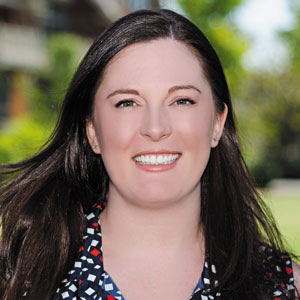There and back again: from scientist to CEO
Sometimes it’s easy to forget that, although the fruits of research are universally applicable, the process often is locally constrained and determined. I discovered that fact firsthand when I moved from my doctoral work at the Institute for Cancer Research in London to a postdoctoral position at the University of Miami in Florida.
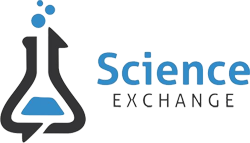
At the ICR, we had an incredibly integrated (and, I now realize, incredibly uncommon) group of scientists and facilities. If I was working on something that required medicinal chemistry or human pathology, I easily could find the right expertise in-house and hand off that component of my project. As a result, I witnessed work at the ICR proceed very quickly from laboratory discoveries to late-stage clinical trials, not realizing that is not how most of biomedical research operates.
As a postdoc in Miami, I was developing a mouse model of breast cancer metastasis in which I injected human breast cancer cells into immunodeficient mice. Because of their different cellular origins, I could analyze both the gene-expression profiles of the human tumor cells and the mouse tumor microenvironment, which provided some very interesting results. I wanted to follow up on some intriguing gene-expression differences with a straightforward tissue microarray analysis. This was a simple thing to have performed by an expert; the hard part was finding said expert. I tried going through my personal networks to find collaborators to no avail. I tried searching online but then had to follow up on the leads that Google produced through emails and phone calls to different service providers in a cumbersome, inefficient process of finding a match for my needs. And then, when I finally found a core facility at another institute to help, I discovered that it was no easy matter to pay them!
In talking with my friends and colleagues, I realized that the norm in these situations is either to do it yourself or move on to some other aspect of the study that you can do yourself. And that made no sense to me. Why shouldn’t access to expert scientific services be as easy as access to reagents or instruments? Why should the progress of scientific research be dampened by the vagaries of local availability and informal networks rather than lifted by the global state of the art?
Frustrated, I talked over my problems with my husband, Dan Knox, who was an executive at a personalized news website. We realized that the problem I was experiencing was one that has been solved routinely for all kinds of goods and services that are readily available in online marketplaces. So we recruited a Web developer, Ryan Abbott, to our cause and launched Science Exchange. Science Exchange is an online marketplace for scientific experiments where researchers can order experimental services from specialist providers at more than 400 institutions, including the University of Southern California, Harvard University, Duke University and the University of California, Los Angeles. We moved across the country from Florida to California and were lucky enough to be accepted to the Y Combinator incubator program, which aids the development of technology startups by providing seed funding as well as advice and introductions to investors.
Science Exchange isn’t even 2 years old yet, and already we have more than 1,000 scientific service providers from institutions around the world available on our site. It’s free for providers to sign up and free for anyone to explore the available providers, services and pricing. We stay in business by charging a small transaction fee for services rendered through the site. We provide tools to service providers to track their transactions, and we provide an easy framework for collaboration.
Now, instead of spending my days at the bench, I spend them with my small team of software developers and business developers in rented offices in Palo Alto — the heart of Silicon Valley. Instead of writing grant applications, I court investors and partners. But building a business is also about testing hypotheses: ideas about what our users need and want.
Our goal is to transform and accelerate the process of scientific research, and you could say that I am our first proof of concept. My most recent paper has just been published in PLoS ONE and is a result of a collaboration conducted through Science Exchange. There is no way I could be a chief executive officer and a scientist if I had to learn every standardized procedure required to advance my cancer research. I am still a scientist because I value the expertise of others, and I feel empowered rather than diminished by not conducting every experiment in my own laboratory.
Although the majority of our service providers are core facilities, there is no barrier for anyone with scientific expertise to become a service provider. Collaboration does not necessarily have to be about co-authorship, which can be fraught with its own dilemmas and inconsistencies; it also can be about a defined transaction based on expertise. For me, Science Exchange is not just a new online tool. My hope is that it will be part of a cultural shift that encourages more scientists to view progress in biomedical research as a joint venture rather than a lone pursuit. The results, after all, will be universally applicable and are eagerly awaited by the public who funds us.
Enjoy reading ASBMB Today?
Become a member to receive the print edition monthly and the digital edition weekly.
Learn moreFeatured jobs
from the ASBMB career center
Get the latest from ASBMB Today
Enter your email address, and we’ll send you a weekly email with recent articles, interviews and more.
Latest in Careers
Careers highlights or most popular articles

Calendar of events, awards and opportunities
Apply for our Advocacy Training Program by April 19. Plus, submit your entry for molecule of the year!

So, you went to a conference. Now what?
Once you return to normal lab life, how can you make use of everything you learned?
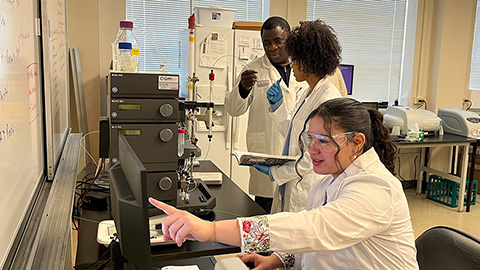
Touching the future from the bench
Scholar, scientist, teacher and mentor Odutayo Odunuga discusses the important roles of the institutional PI, his journey and his research.
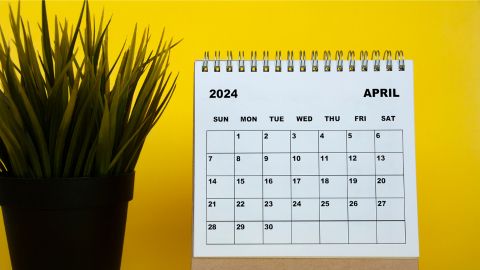
Calendar of events, awards and opportunities
Apply for our IMAGE grant writing workshop by April 15 and our Advocacy Training Program by April 19. Plus, submit an abstract for our transcription meeting in September!
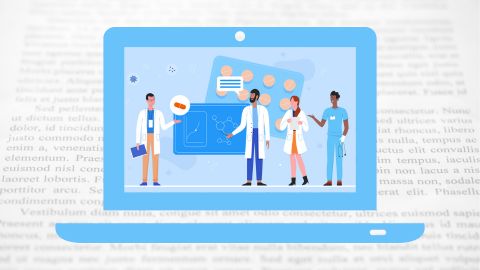
A look into medical writing
Our careers columnist spoke with Ashlea A. Morgan at Chameleon Communications International to get a sense of one type of work a medical writer can do.
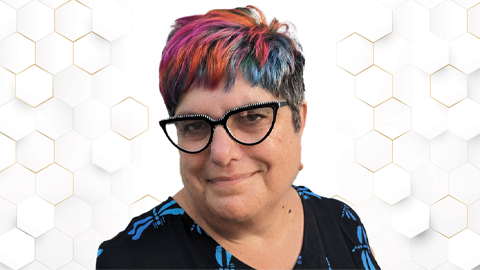
Embracing serendipity
NIGMS Deputy Director Dorit Zuk describes her scientific journey and offers tips on making career changes.

